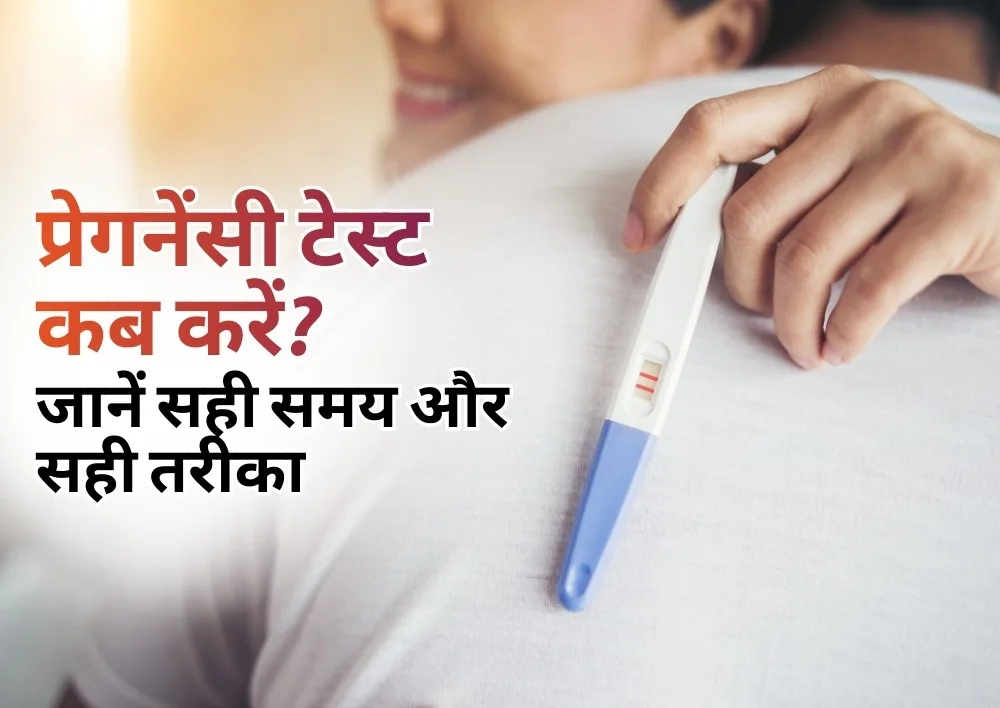Inactive Lifestyles and Infertility: A Growing Concern for Young Adults
Summary: Infertility is increasingly affecting young adults, and a sedentary lifestyle is a key contributor. Prolonged inactivity can lead to hormonal imbalances, obesity, and poor egg or sperm quality, directly impacting fertility in both men and women. Recognizing early infertility signs such as irregular periods, low libido, or difficulty conceiving can help ensure timely diagnosis and treatment.
Overview
Did you know that 1 in 6 couples worldwide struggle with fertility issues, and many of them are under the age of 35? In India, studies reveal that nearly 8% of currently married women face fertility problems, with a noticeable increase among young adults.
Infertility, once associated mainly with older couples, is now affecting more individuals in their 20s and early 30s. One of the most neglected but important factors is an Inactive lifestyle.
While factors such as stress, poor diet, and pollution are commonly blamed, many fertility specialists now highlight that physical inactivity is playing an important role in declining reproductive health.
Dr. Aarthi Mani, best infertility specialist in Gurgaon at Miracles Fertility & IVF Clinic, explains: “We are seeing more and more young patients who appear otherwise healthy but are unable to conceive. Sedentary lifestyles are silently contributing to hormonal disturbances, obesity, and poor egg or sperm quality, all of which affect fertility.”
How Does Inactivity Affect Fertility?
1. Hormonal Imbalance
Physical inactivity can lead to insulin resistance and weight gain, which in turn cause hormonal disruptions.
-
In women, this may result in irregular periods, anovulation (lack of ovulation), or worsened conditions like Polycystic Ovary Syndrome (PCOS).
-
In men, sedentary behavior may cause reduced testosterone levels, affecting sperm production and sexual health.
2. Obesity and Related Health Issues
Prolonged sitting and lack of physical activity commonly result in weight gain and obesity, both of which are major contributors to infertility.
-
Excess body fat disrupts hormonal balance.
-
Obesity lowers sperm count and affects egg quality.
-
It also increases the risk of diabetes, thyroid disorders, and metabolic syndrome, which further impair fertility.
3. Poor Egg and Sperm Quality
An inactive lifestyle hampers blood circulation and raises oxidative stress in the body.
-
Oxidative stress damages both sperm and egg cells.
-
Regular physical activity boosts antioxidant levels, which helps maintain the health of reproductive cells and supports successful conception.
4. Mental Health and Stress
Mental stress is closely tied to fertility. Inactivity often worsens stress, anxiety, and depression.
-
Stress can affect hormonal regulation and reduce libido.
-
Even 20–30 minutes of daily movement, such as walking or yoga, can improve mood and promote hormonal stability.
What are Infertility Signs and Symptoms?
If you are leading a sedentary lifestyle and noticing these symptoms, it may be time to consult a fertility specialist:
In Women:
-
Irregular or missed periods
-
Painful menstruation
-
Unexplained weight gain
-
Acne and excessive body or facial hair
-
Difficulty conceiving after 12 months of trying
In Men:
-
Low libido or sexual dysfunction
-
Pain or swelling in the testicles
-
Noticeable changes in hair growth
-
Low sperm count or motility
What are Infertility Treatments?
Fortunately, many couples can conceive through a combination of lifestyle changes and medical support. Here are some effective treatment options:
Advanced Diagnostic Testing
Identifying the root cause is the first step. Common tests include:
-
Hormone level testing
-
Pelvic ultrasound scans to evaluate the ovaries and uterus
-
Semen analysis for sperm count, motility, and quality
-
Ovulation tracking to monitor egg release patterns
Lifestyle Modifications
Doctors usually recommend simple lifestyle changes to improve fertility:
-
Daily physical activity like walking, yoga, or swimming
-
Eat a nutritious diet with plenty of fruits, vegetables, and lean proteins
-
Adequate sleep and regular sleep-wake cycles
-
Limiting alcohol, tobacco, and caffeine intake
-
Stress management techniques, including meditation and breathing exercises
-
Even small efforts like cutting down screen time, staying hydrated, and avoiding processed foods can restore hormonal balance and improve your chances of natural conception.
Medication for Hormonal Imbalances
When hormones are the issue, medications can regulate or stimulate reproductive function:
-
In women, they may induce ovulation or correct menstrual irregularities (e.g., in PCOS cases).
-
In men, they help boost testosterone and improve sperm quantity and quality.
-
This is usually the first line of treatment for couples facing mild fertility challenges.
Intrauterine Insemination (IUI)
IUI is a minimally invasive fertility treatment where healthy, washed sperm are inserted directly into the uterus around the time of ovulation. It improves the chances of fertilization and is generally used in cases of:
-
Mild male factor infertility
-
Cervical mucus issues
-
Unexplained infertility
In Vitro Fertilization (IVF)
IVF combines the egg and sperm outside the body in a lab, and the resulting healthy embryo is implanted into the uterus. It’s commonly used for cases such as tubal blockages, endometriosis, or when maternal age is a concern. IVF is highly effective and has helped many couples achieve pregnancy even after failed previous attempts.
ICSI (Intracytoplasmic Sperm Injection)
-
ICSI is an advanced IVF method that is used when the male partner has a very low sperm count or poor sperm motility. This process involves placing one healthy sperm directly inside the egg to facilitate fertilization.
-
Ideal for cases with male infertility, poor sperm morphology, or previous IVF failure.
-
ICSI increases the chances of fertilization, even with a limited number of viable sperm.
Conclusion:
An inactive lifestyle, although usually neglected, can silently affect fertility in both men and women. The best approach? Act early, stay active, and seek medical guidance if you are struggling to conceive.
Whether it is improving your diet, walking daily, or undergoing advanced treatments like IVF or ICSI, every step you take brings you closer to parenthood. If you are concerned about your fertility or have been trying to conceive without success, consult with a qualified fertility specialist near you.
Frequently Asked Questions
Unhealthy lifestyle habits like lack of exercise, poor diet, smoking, and stress can disturb hormones and reduce fertility in both men and women.
Sitting for long hours, smoking, excessive drinking, poor sleep, and high stress levels can negatively impact fertility.
Hormonal imbalance, PCOS, low sperm count, obesity, and blocked fallopian tubes are common causes.
Smoking, excessive alcohol, junk food, lack of exercise, and poor sleep habits can lead to infertility.
Regular exercise, a balanced diet, stress management, proper sleep, and avoiding harmful substances support fertility.
Miracles Fertility & IVF Clinic in Gurgaon is one of the best for advanced and personalized fertility care. They offer expert consultation, modern IVF techniques, and high success rates for couples trying to conceive.











.webp)





Was the information useful?
0 0